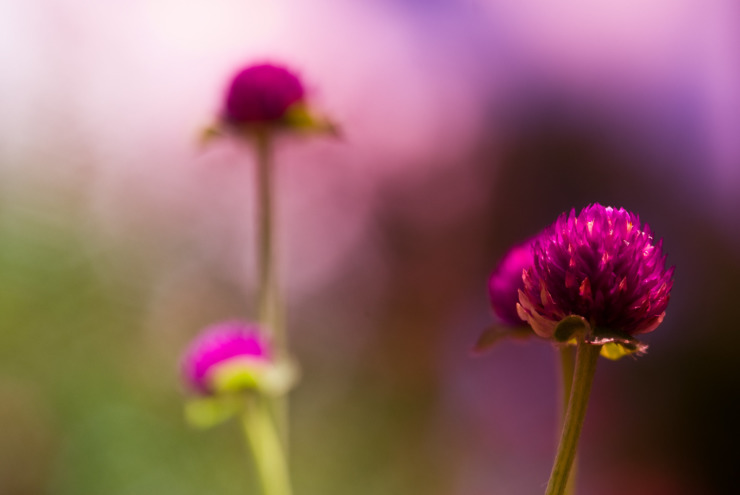Spring Comes with Thrushes
Spring announces itself with birdsong. Before the trees and grass kelly up, before the wildflowers wear their finery, we hear the birds. If we’re lucky, we hear thrushes.
The Cornell Lab of Ornithology says this bird has a “lovely, melancholy song.” The website describes the tune as “oh, holy holy, ah, purity purity, eeh, sweetly sweetly,” putting words into the beaks of the thrushes in Charlotte Mew’s short poem I so liked Spring. In only nine lines, Mew refers to thrushes three times.
I so liked Spring
I so liked Spring last year
Because you were here; –
The thrushes too –
Because it was these you so liked to hear –
I so liked you.
This year’s a different thing, –
I’ll not think of you.
But I’ll like the Spring because it is simply Spring
As the thrushes do.
– Charlotte Mew
The poem is only two stanzas, with a significant turn. Stanza 1 laments the loss of someone. We don’t know who, just “you.” We don’t know what form the loss took: a breakup? A death? Did they move to Florida?
In the second stanza, the narrator steps up and into herself. No more mourning. It’s time to “like the Spring because it is simply Spring.” It’s a turn from You to I, carried by thrushes.
But this is denial, you might protest. Possibly. Or it could be healing. The ability to appreciate spring and thrushes following a loss could be avoidance, or it could be embracement.
Charlotte Mew had a lot of experience with loss. Three of her brothers and a sister died, and two other siblings were committed to psychiatric institutions, and then her father died. She turned to writing partly to help the family make money, and she earned a respectable literary reputation for her short stories and poetry. Thomas Hardy was a mentor. Virginia Woolf was a fan.
And what do the thrushes sing to Mew and the person she so liked? We aren’t told.
I recently reread The Hobbit, which features a thrush. Bilbo Baggins sees “an enormous thrush, nearly coal black, its pale yellow breast freckled with dark spots.” Lovely! “Crack! It had caught a snail and was knocking it on the stone. Crack! Crack!” Not so lovely! But its noisy actions give Bilbo the clue he needs at the moment he needs it.
We don’t get to choose what the thrushes say in March, the month that comes in like a lion and out like a lamb. Maybe they are singing “oh, holy holy, ah, purity purity, eeh, sweetly sweetly.” Maybe they are cracking snails on stones. Maybe, if we are truly stilled, they will perch on our shoulder and tell us about Spring. And You.
By Heart for April
A crow is bothering Robert Frost while also giving his heart a gift. Please join us as we learn Dust of Snow.
Dust of Snow
The way a crow
Shook down on me
The dust of snow
From a hemlock tree
Has given my heart
A change of mood
And saved some part
Of a day I had rued
– Robert Frost
Photo by Joel Olives, Creative Commons, via Flickr. Post by Megan Willome.
Browse more By Heart
I loved this book. As soon as I finished, I began reading it again.”
—David Lee Garrison, author of Playing Bach in the D. C. Metro
- Perspective: The Two, The Only: Calvin and Hobbes - December 16, 2022
- Children’s Book Club: A Very Haunted Christmas - December 9, 2022
- By Heart: ‘The night is darkening round me’ by Emily Brontë - December 2, 2022


L.L. Barkat says
Lovely post, Megan. I especially liked…
“It’s a turn from You to I, carried by thrushes.”
Megan Willome says
Thank you.
They are busy little birdies. We never know what they’re going to do.
Jody Collins says
Ohhhh, I think I could memorize this poem. Perfect choice! Thank you Megan (and Tweetspeak).
Megan Willome says
It wasn’t a hard one, Jody. This time of year, I think it’s particularly nice to learn an easier poem By Heart.